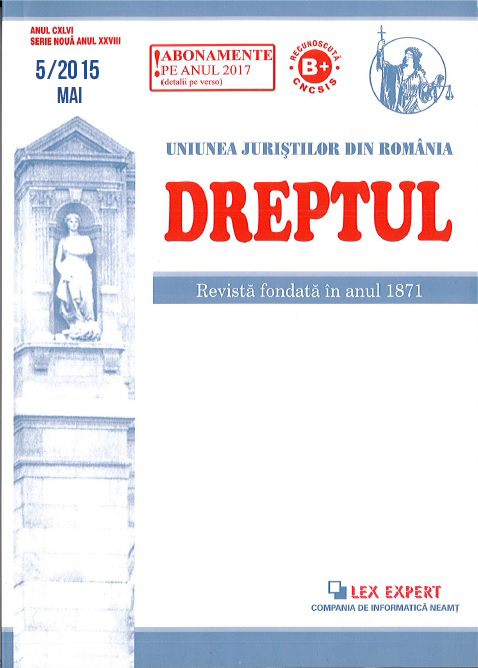Currently, under the increasingly intense and diverse interactions between countries, due to the unprecedented mobility of individuals, in space, or to the dynamics of public international law, as such, (for example, in international human rights or international criminal law) the theoretical model that governs the relationship between international law and domestic law has become a topical one. In addition, the existence of several supra-state forms of cooperation, such as the European Union, bring into question the relationship that is being established, on the one hand, between the law of those forms of cooperation and the Member States’ national law and, on the other hand, between the former and general international law. In this paper I will discuss the relationship between international law and Romanian domestic law, as regulated by Romania’s organic and constitutional provisions and taking due account of Romania’s EU membership. The paper is structured in three sections corresponding to the general theoretical approaches to the matter (Section II), the legal, institutional and scholars’ approaches (Section III) and conclusions and de lege ferenda proposals; the latter will address both the content of the regulations, as well as some aspects of legislative technique (Section IV).


